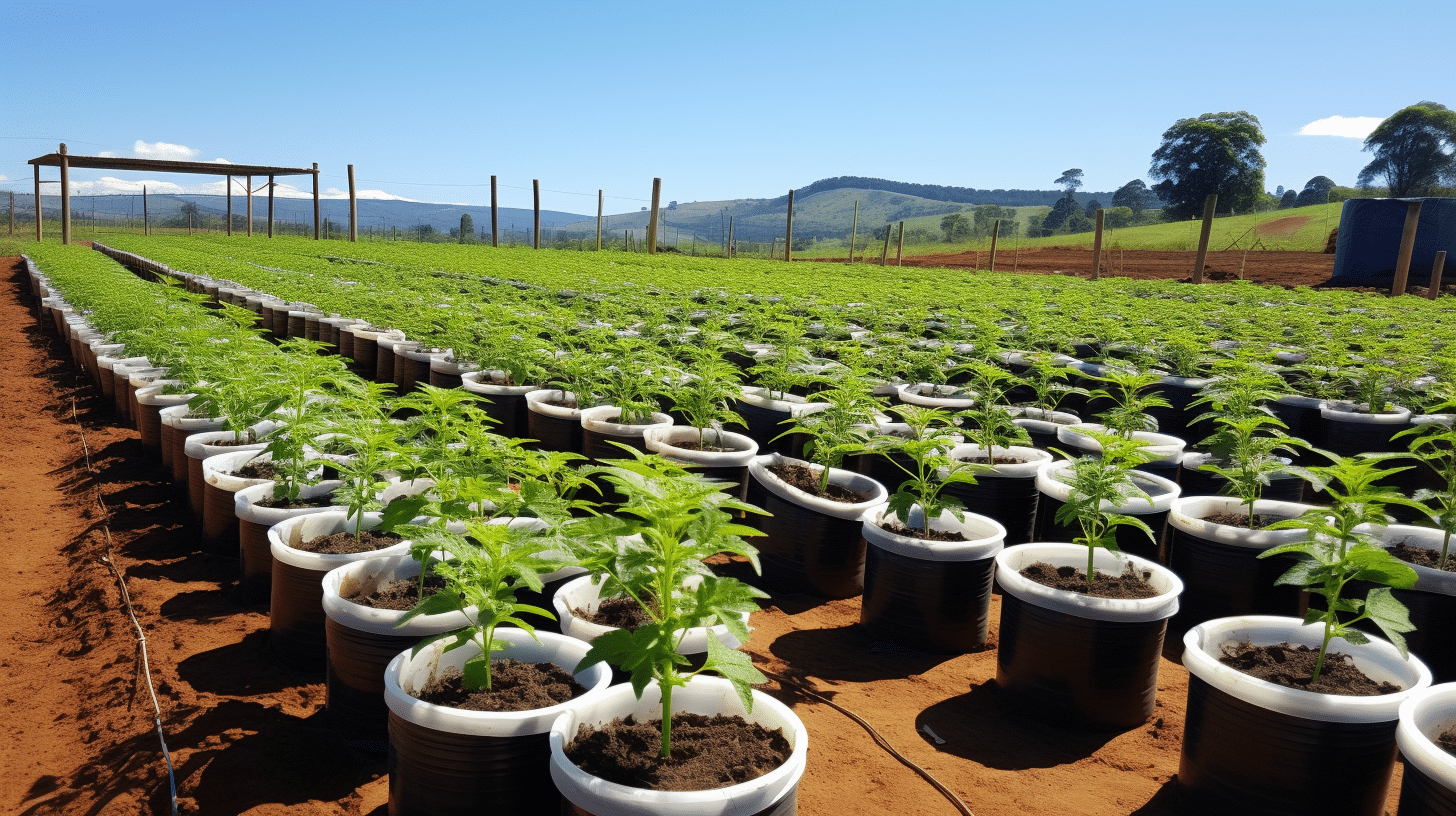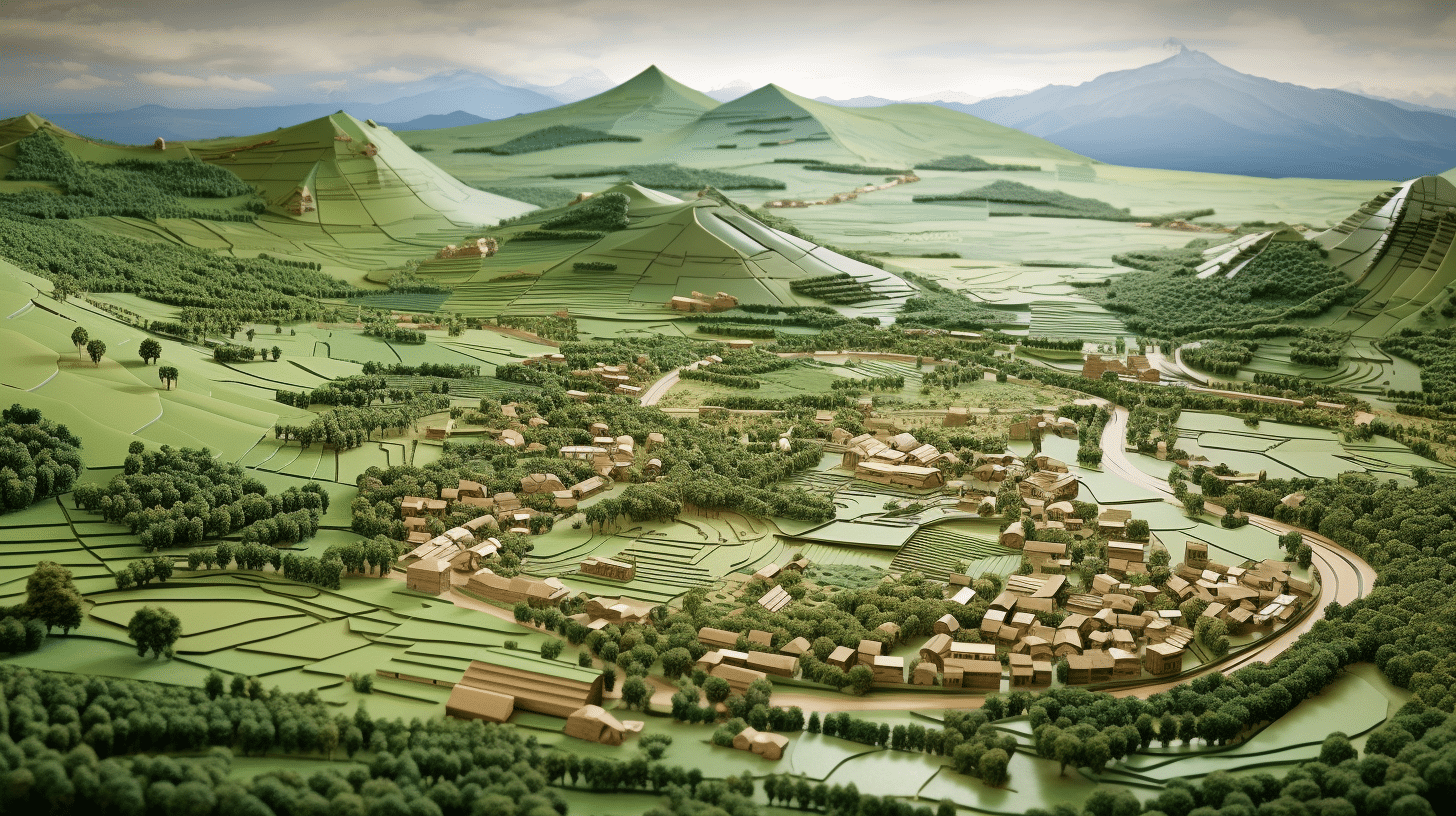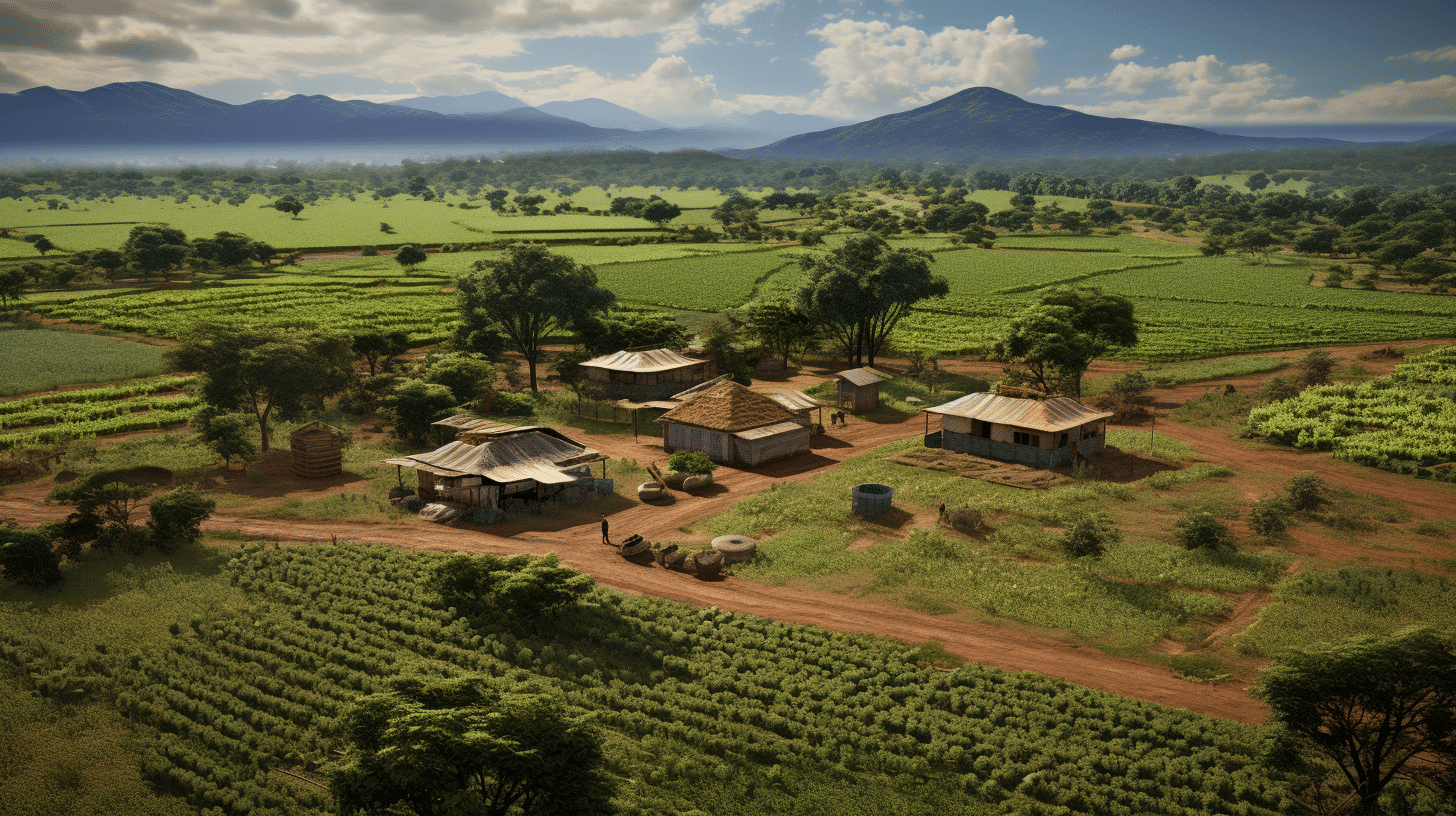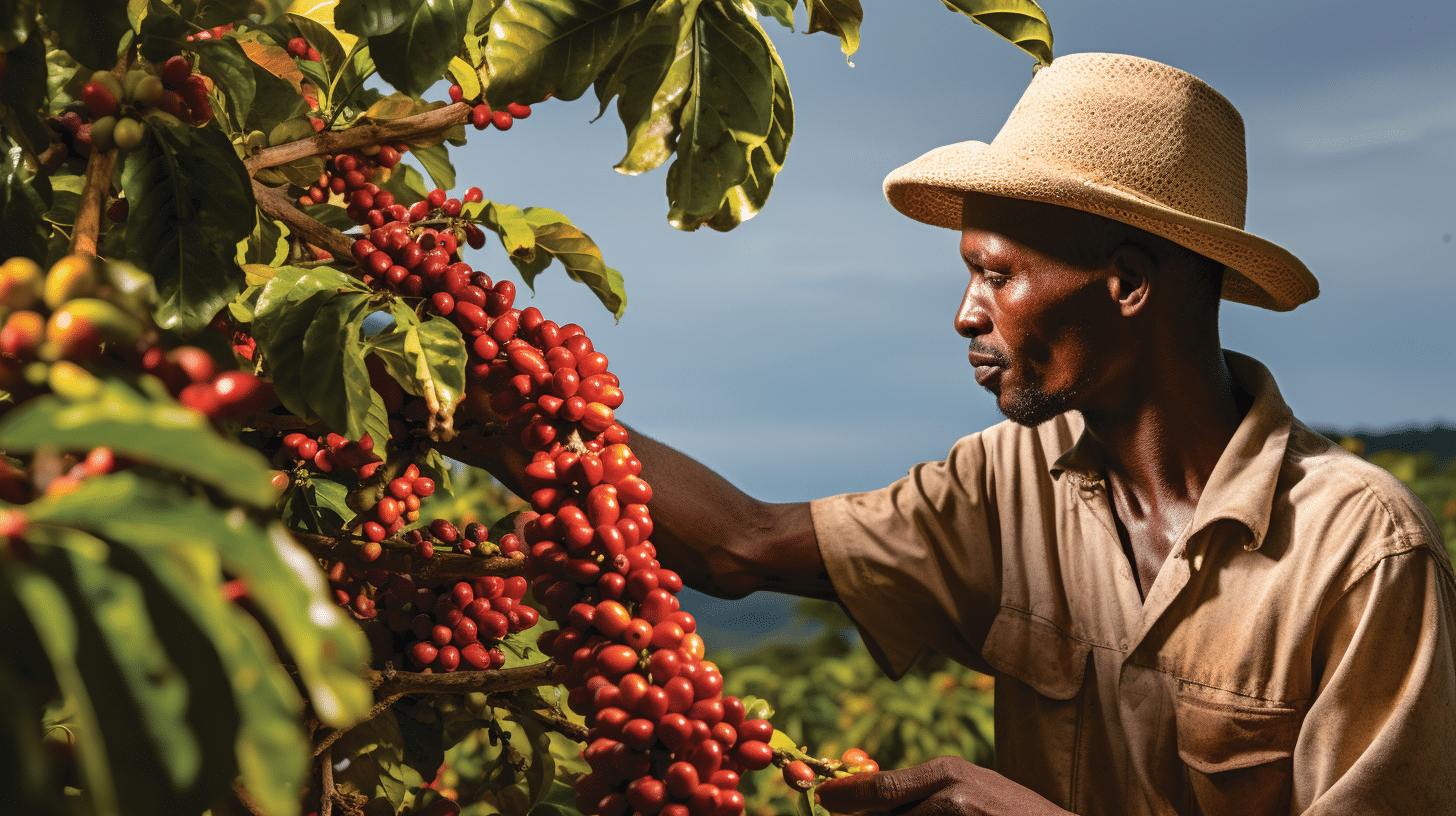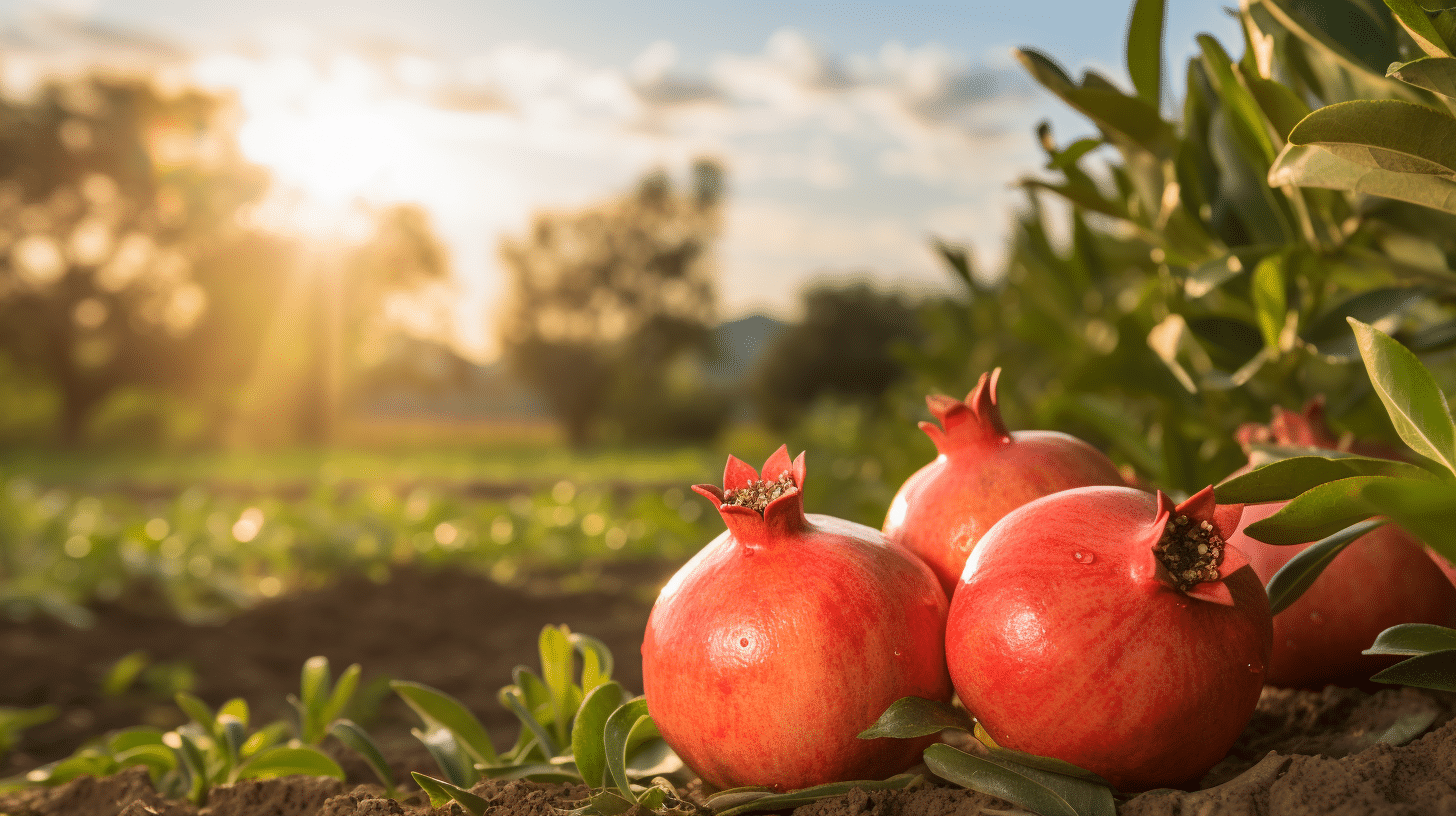Agriculture in Kenya has been lately developing in all the areas especially rural areas due to many modes of farming and farm tools that are been introduced by the agricultural experts. This tools and technologies ensure that the farmers can be able to develop their farms and produce the best quality of products. This will ensure that they maintain food security in their areas as well as attract some income since high quality agricultural products make people to buy them in a higher price as compared to the low standards products.
Farming is therefore a commitment that the farmers should have in order to ensure that they get the best out of it. Farming also require some investment in that you should try to find the best quality of farm input for the better of the products. You should use the best standards of fertilizers, hybrid seeds and pesticides for their protection. Several companies has therefore been established in Kenya to provide the hybrid seeds for the farmers to get the best farm outputs.
The companies in Kenya which offer the best seeds and at affordable prices to make sure that the farmers have access are scattered in the country and are;
Kenya Seed Company Ltd is one of the suppliers of the hybrid seeds to the local farmers and those who want to practice agribusiness. This company mandate to research, develop, market and avail certified top quality, high yielding agricultural seeds of various varieties within Kenya, Eastern Africa and beyond. This company has a variety of different seeds and currently it has 60 different varieties of maize, wheat, sunflower, finger millet, horticultural seeds and legumes. They also have other types of seeds such as upland rice, sesame seed, Prosso millet, pigeon peas and much more.
Kenya Highland Seed Co. is another seed company that produce open pollinated and hybrid seeds providing local solutions to a global market. They have a top quality brands of seeds such as tomatoes, cabbages, peppers, kales, watermelons, carrots, and sell a wide range of large and small vegetable seeds with particular focus on high yielding hybrids. At Kenya Highland Seed Co. make it their business to understand their needs, to better provide the high quality vegetable seeds that will well adapt for the environment.
Western Seed Company is a seed company in Kenya that addresses the problem of low yields of small holder farmers by producing high quality hybrid maize seeds. There are the only private company in East Africa with an end-to-end seed maize research, breeding and distribution program. They are committed to bringing the technology to the farmers and addressing the issue of smallholder farmers’ sustainability.
Freshco is another seed company in Kenya that sell high-yield seeds, primarily maize, to small-scale farmers. Maize seeds that are optimized for the climates of Kenya’s various regions to produce up to two times more grain per hectare than ordinary seed. Maize production is essential to Kenyans food security and that is why they aim at providing the best breeds to increase Kenyan’s food security. They ensure that the farmers have the best yields of the products which will not only improve the food security but will also uplift their living standards for those practicing agribusiness.

